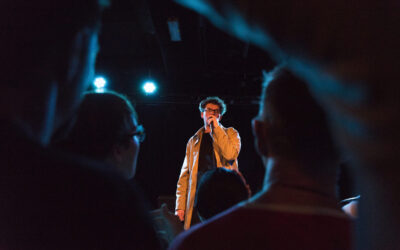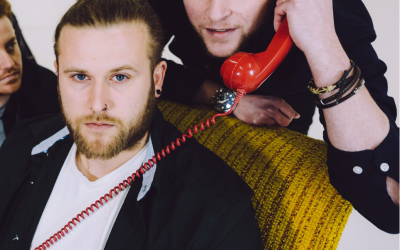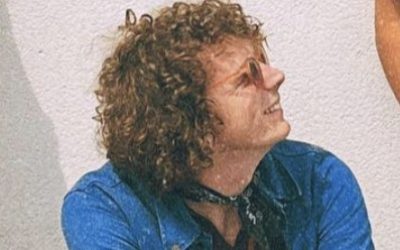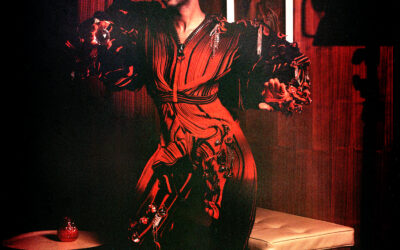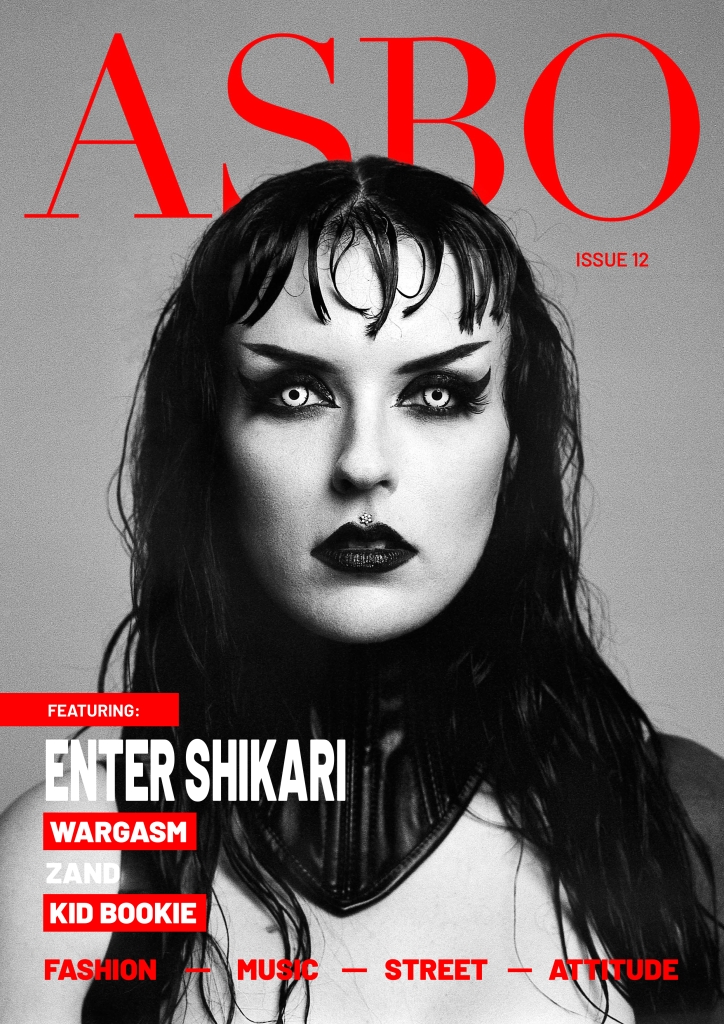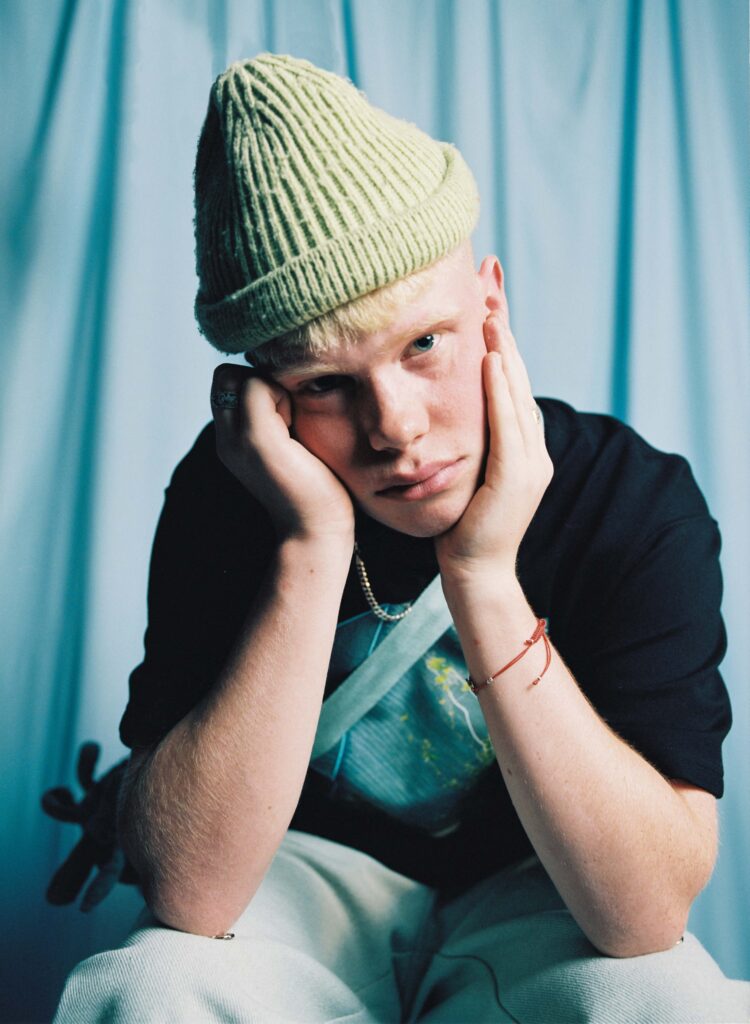
Finn Askew has most certainly proven himself as one hell of a force to be reckoned with of late. Hailing from the sleepy town of Wellington, Somerset, the twenty-year-old singer- songwriter is one of many fresh faces on the scene spearheading the new pop revolution in the UK. A tasteful assemblage of pop, hip-hop, R&B and jazz, Finn’s music is first class, creatively fluid at every turn and never predictable. Despite his inherent Gen-Z heritage, Finn has consistently worked hard for the refined, bleeding-edge sound he can now boast full ownership of.
Releasing his debut single ‘Roses’ last year, which was written and recorded in his bedroom at sixteen on a £20 microphone, Finn unexpectedly achieved global stardom when K-Pop star Taeyong played the track on a live stream to three and a half million of his followers back in January. Those three and a half minutes were enough to impressively earn Finn a cult following throughout Asia almost overnight, shooting his music into the charts. That exact debut single now stands at forty million views on Youtube, Finn’s penchant for songwriting speaking for itself. Detailing the usual joys and pitfalls of youth and love through his music, Finn captivates fans with his raspy vocals, ardent lyricism, and wordplay.
A breakout star with enough talent to justify the hype, Finn Askew is at the very start of what will undoubtedly be an illustrious, abundant and wild career. We sat down with Finn to discuss his upcoming sophomore EP ‘Tokyo’, his journey so far, and all things music-related.
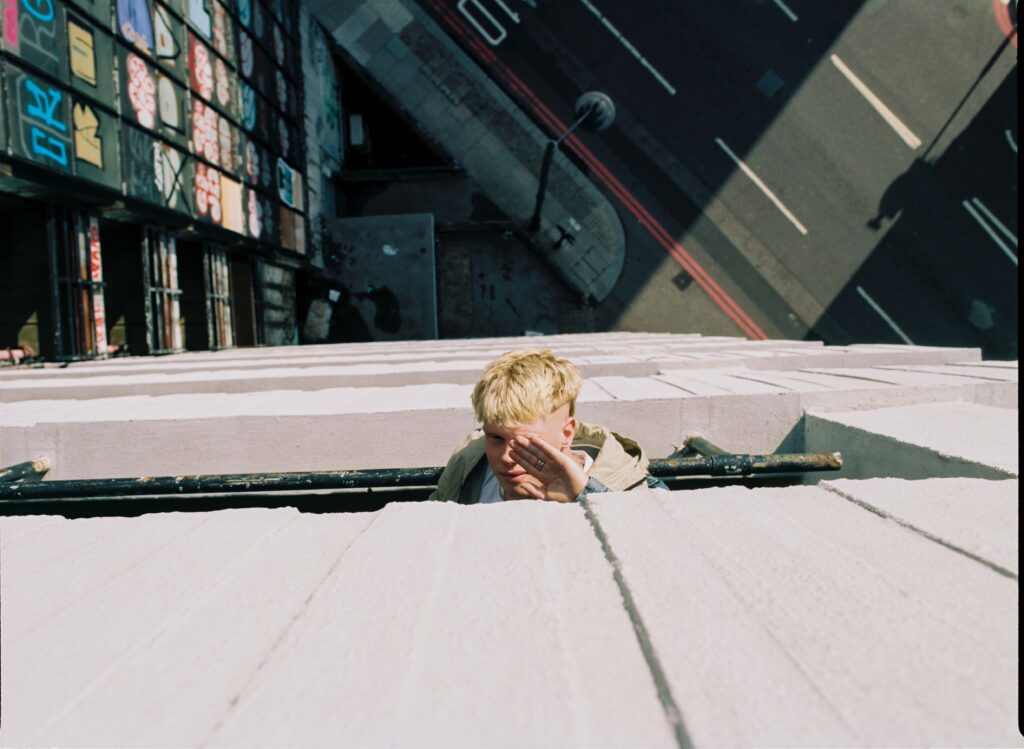
So I wanted to start by asking a bit more about your background. I know you grew up in Wellington, Somerset. How did growing up there influence you to become creative and enter the music scene?
Growing up there was great. It always felt like no one else was making music or telling me what to do, and it was just kind of me on my wave so I could focus on crafting my sound, which is why I think my music comes across as so organic and different. Obviously, like with everything, there were negatives. There weren’t many venues near me, and the only shows I could do were performing in small pubs or out on the street busking. It was good in a sense as I could stand out more due to a lack of competition. I feel like if I were raised in a big city like London, maybe I wouldn’t be where I’m at right now, and it probably would’ve taken a lot longer for me to get that recognition. I’m happy that I grew up where I did. No complaints.
If you could describe your musical influences as a timeline, what would that look like?
I grew up listening to bands like The Smiths, Nirvana, The Beach Boys and The Kooks, all the stuff my parents were listening to. I remember the first-ever album I bought was the acoustic version of ‘Believe’ by Justin Bieber. Many people hated him when he first entered the scene, but I vividly remember coming downstairs before school and seeing the music video for ‘Baby’ on MTV. I thought it was so sick that a guy my age was surrounded by all these girls, and everyone was going crazy over him and his voice. I’ve based a lot of where I am as an artist today on Justin Bieber, especially melodically. The way I can do runs is really down to learning from studying that album and singing along. I also listened to a lot of Ed Sheeran, Lewis Watson (thanks to a girl I had a crush on) and basically anyone with an acoustic guitar around that time. As I got into my later teens, I found the American rap movement, Lil Peep, XXXTentacion, Juice Wrld, Post Malone etc. I loved how I could hear the rock and emo influences from bands of the past I liked and how artists were forming that into something new with beats. It really pioneered the way I make music, and I’ve definitely merged all of those influences into one.
It must be crazy to know your music has already found such a vast audience so early in your career. Do you feel your musical journey has had a deliberate direction, or does it feel like it’s gradually evolving in whatever direction it finds?
It’s just gradually evolved. I’ve never overly defined the specifics of what I want. I just try and stay on my wave and experiment with what works for me and what doesn’t. Career-wise, I could never fathom having developed such an amazing fanbase over in Asia so quickly. As an artist, you think, let’s just break the UK first and then move onto other countries bit by bit, but I haven’t even broken England yet. Over in Asia, Thailand and Korea, I’m apparently this massive thing which is strange because I can only really see that reaction via social media until I get to go over there and perform. It’s crazy, you never expect that sort of thing to happen to you, but I’m so grateful. The fans there support me and buy all my records and are the craziest fans I’ve ever experienced. They get so involved it’s great. Nothing was deliberate. It’s all worked out itself. Even starting music wasn’t intentional, my mum told me one day I was going to do a guitar lesson, and I’d never even shown an interest in it, but I just went with it. I think she saw it was something I needed to do.
You could attribute the majority of your success to the song ‘Roses’ you recorded at sixteen. I know the song blew up after being on K-Pop star Taeyong’s live stream. That whole event must have been surreal. Did it make you realise the extent of how far your music can reach?
I never in a million years thought that would ever happen. It never crossed my mind that the Asian market would be into my music as a British artist. It came so much out of the blue. I remember waking up one night, and everyone was commenting on my socials “Taeyong, Taeyong, Taeyong”. I was like, what does this word mean? I didn’t initially realise it was a person or an artist. I later saw the Livestream in which he played the whole of my song while singing along to three and a half million of his viewers. When I first released Roses, it was only gaining about a thousand streams a day. After that, it went to thirty thousand, and it just kept going up and up until I’m now at nearly forty million views on the music video on youtube. I certainly didn’t expect it, and it all just happened so fast. I always believed I was going to make it. It’s just crazy how it’s all unfolding.
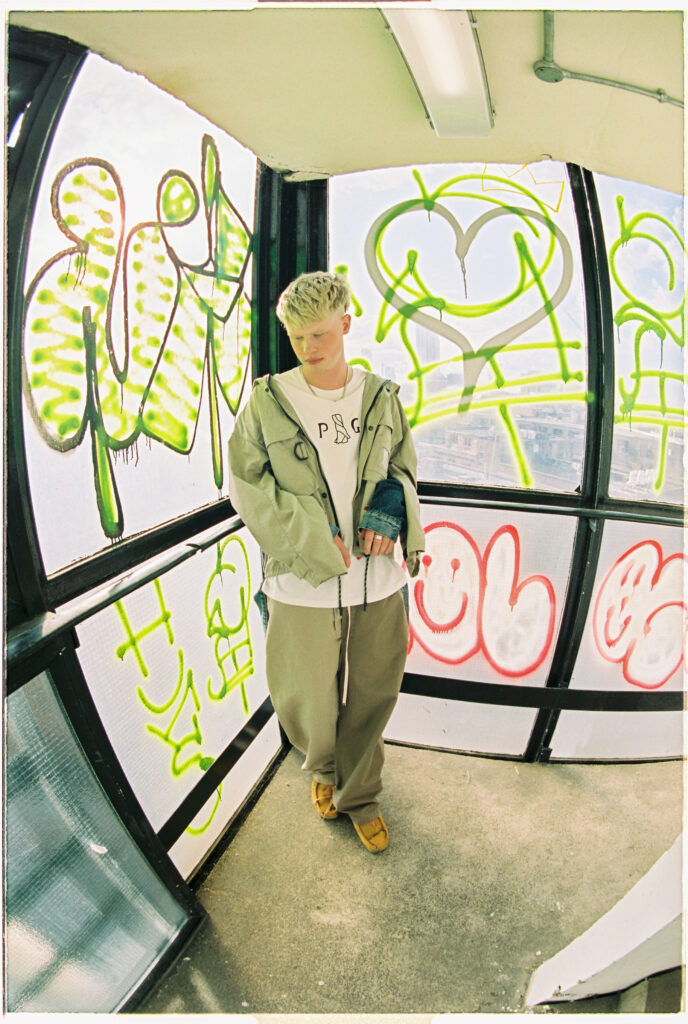
I know you’ve written a lot of your material to date solo from the very beginning. What is your approach to choosing collaborators when it comes to your music now?
I’ve always been open to working with anyone at the end of the day. I don’t think you ever find the “perfect” person to work with. I’m very confident in my songwriting ability, so most of my music to date has been made one on one with a producer and me. One of my main collaborators is Earl Saga, who basically produced the first EP. In terms of discovering new collaborators, I never really select the people I work with. Usually, my manager will send through people interested in working with me, and I’ll take a listen and see if I like it. I’ve already got an outstanding group of collaborators around me, so I want to bring them into that bubble when I find someone incredible.
Before I was signed, I was doing like five sessions a week with a tonne of different people. I enjoyed it because you build a lot of contacts and get your name out there but luckily, now I’m at a point in my career where I’ve slowed down working with so many people and can focus on honing my sound. A lot of these rappers are in the studio bringing like twenty or thirty people. I don’t know how I’d write about all this vulnerable love shit in front of that many people, haha! I don’t want loads of people on my sound, that’s why you are there in the room, to give you.
You often shed trends and sounds as soon as they arrive. Do you feel like you explore genres rather than adhere to them?
I always wanted my first project to show people that I can do hip-hop, rap, pop and just be hella diverse. I wanted every song to sound different and be a different genre. The second EP is definitely honing more into the Finn Askew sound, which is still a wide variety of genres, but I’ve realised whatever genre I do, what ties it all together is that whatever I do on that beat is gonna be a Finn Askew thing.
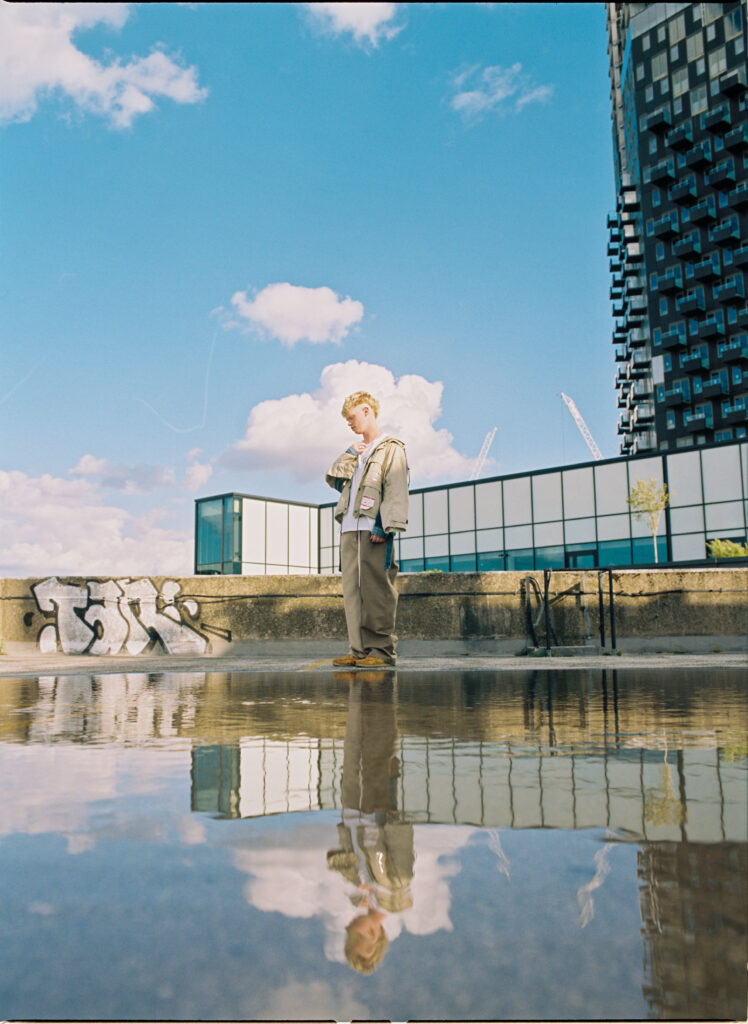
You’re arguably one of the many people to spearhead the post-genre movement becoming more prevalent today, often seen on social media and Tik Tok. How do you think music is going to change going forward in this new era?
As much as music is evolving, a lot of the older stuff is coming back into fashion. I think musically, the direction will move more backwards than forwards for a while, which is beautiful because that’s the best sort of music. It’s like recycling. Once all the new stuff sounds done, artists make it fresher by adding elements of music from the past.
I wish I grew up in that era because the music was just so sick. Back in the day, it was so much harder to get worldwide because there were no smartphones or social media, and you got out there through performing or word of mouth. Nowadays, you can post a video overnight and wake up to it blowing up. I think we’ve got a promising future ahead because there have never been so many new genres arriving that people have grown up with and through. Everyone listens to everything nowadays. People would be a bit more purist back in the day. To me, that’s why music is so beautiful now because it’s so many genres coming together and listening to random things. The future is bright.
What has been the most challenging and rewarding part of your journey so far?
I don’t really feel there’s been anything that challenging, maybe there has been, but I just accept the good and the bad as part of the journey. There’s so much pressure nowadays on artists, and people feel they have to do certain things to make it. You’ve got to be zen and not stress yourself out; otherwise, you’ll put yourself in a position where you won’t enjoy it. I want to be stress-free. That’s why I think I’m doing really well because I always give myself one hundred percent and make the music I want to hear.

“I’VE NEVER OVERLY DEFINED THE SPECIFICS OF WHAT I WANT. I JUST TRY AND STAY ON MY WAVE AND EXPERIMENT WITH WHAT WORKS FOR ME AND WHAT DOESN’T.”
So I know as well as being obsessed with music you are really into fashion. What are some of your favourite brands at the moment, and how would you describe your style?
My favourite brand at the moment is Cortiez. They are blowing up right now. If you know them, you know them. Supreme, BAIT, Palace and Stussy are the top brands I wear mainly. My fashion just is what it is. I wear what I want to wear and always have done. I come from a place where no one understood my style because I dressed in the maddest shit. I stand out like a sore thumb in my hometown, but I love it. I love creating a reaction. I think it’s good to stand out and flex sometimes. I like when people can’t predict you. If I feel good in it, I wear what I want to wear, and I know I’ve got good fashion, so no one can tell me differently. [laughs].
In certain areas of the industry there is still a lot of Toxic Masculinity which some would argue limits creativity, what are your thoughts on this?
Toxic masculinity is the worst thing ever. It’s so dumb. People are scared of wearing the colour pink when it’s literally just a colour. Why does that even matter? Wear what you want to wear, do what you want to do. There’s no toxic masculinity. It’s just being yourself. It’s like there’s this belief that men shouldn’t cry. I cried yesterday just for fun! If you want to cry, then cry.
We’re in an era now where you can do anything. Everything has changed, and peoples views are changing rapidly. It’s a whole other world. Most people don’t think like that anymore, and as life goes on and the younger generations come up, it will get wiped out. Further down the line, more and more people will understand. When future generations are adults, they won’t force these outdated views of masculinity on their kids. You’re starting to see it more and more. I think we’ve got a bright future because fewer people are worried about standing out as more becomes accepted. It’s not a message I feel I need to preach as it already is and has been. It should just be so simple to understand.
What does the average Finn Askew workday consist of, and how do you approach songwriting when you’re in the studio?
My average workday constantly changes. I’ll stay in bed until as late as possible and won’t get out until the last minute. My dream day would be getting up late, going to the studio and making a banger. If I make a hit, that’s a dream day for me, just making an unbelievable song. How I write songs continuously varies. Sometimes I’ll have a lot of the song written before I come into the studio, or sometimes, I’ll just have a title. A lot of the time, I write over nothing, like poetry. I’m constantly writing. Every time I go to bed, I can’t sleep because I get a lyric in my head that usually turns into a verse and then into a song.
As an artist, you state you’ve always believed in yourself. You’ve seemingly avoided the trap of being phased by the industry side of things. What about your personality equips you to be so confident, and where does that sense of self-trust stem from?
I’ve always been really confident since the very beginning. The way I see it, I’m not here to second guess myself. I speak my career into existence. You’ll never get anywhere in life if you don’t back yourself one hundred percent. I’m confident in where my music and craft are because, as my friends know, I’ve been doing this music thing since I was ten years old. Many people assume because of my age that I must have only started a couple of years ago, which isn’t the case. I’ve gotten my music to the point where even I love listening to it. I’m making the music that I’ve always wanted to hear. It’s been a process of taking all my favourite pieces of inspiration and combining them with my sound to make something original.
I’ve crafted my sounds around elements of my favourite artists like the melodies of Justin Bieber, the raspy vocals of Post Malone and the songwriting style of Ed Sheeran. That’s why I’m so confident in my sound as an artist.
I wanted to ask you a little bit about your upcoming sophomore EP ‘Tokyo’. Does it feel easier writing this one after having gone through the process of making ‘Peach’? Is it similar to Peach in the sense that every song is different, or is it conceptually more cohesive?
I feel like this one is definitely much more cohesive as a whole. It sounds more polished and professional and is definitely closer to where I want to be as an artist. The songs coming out now reside so much nearer to where I want to be as an artist. I’m really, really excited about this project even more than I was for my debut. I think everyone’s going to love it. All the tracks on ‘Peach’ are great songs, but they were written with more focus on showcasing how varied and unique my sound could be.
My style of writing is almost aesthetically driven. I’m not the sort of guy who just wants to constantly spill my emotions in my music. I don’t deep it too much because I just want to make hits at the end of the day. I want to be that artist, to be number one. Of course, songwriting is personal by nature, and sometimes yeah, I want to write some deep shit and get it off my chest. I write so many songs nowadays, I’m in over five sessions a week, so it quickly becomes difficult to be personal with everyone, which is why I’ve focused more on a structured approach to this project.
What’s next for Finn Askew?
I’m looking forward to playing more and more live shows, I think they are so important, and we’ve been without them for a while due to the pandemic. I want to get over to Asia to perform for my fans over there as soon as possible. I’m just looking forward to doing more as an artist and making more music.
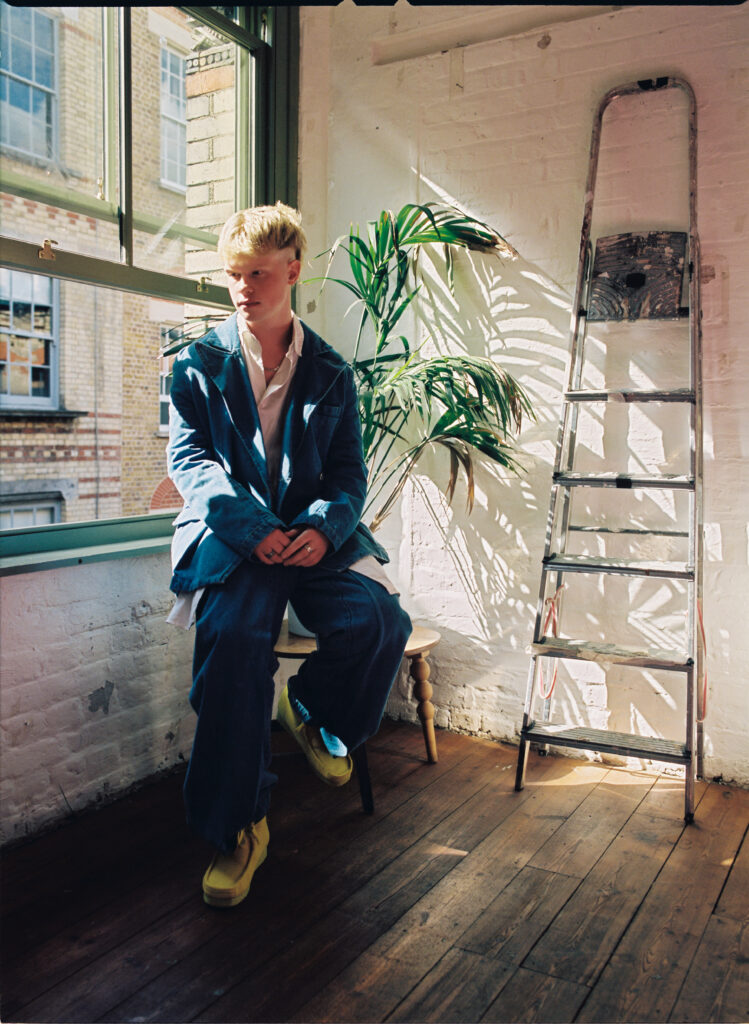
Words: Connor Aiden Fogarty
Images: Isaac Lamb @notspag
Photography Assistant: Charlie Pryor @charliecpryor


